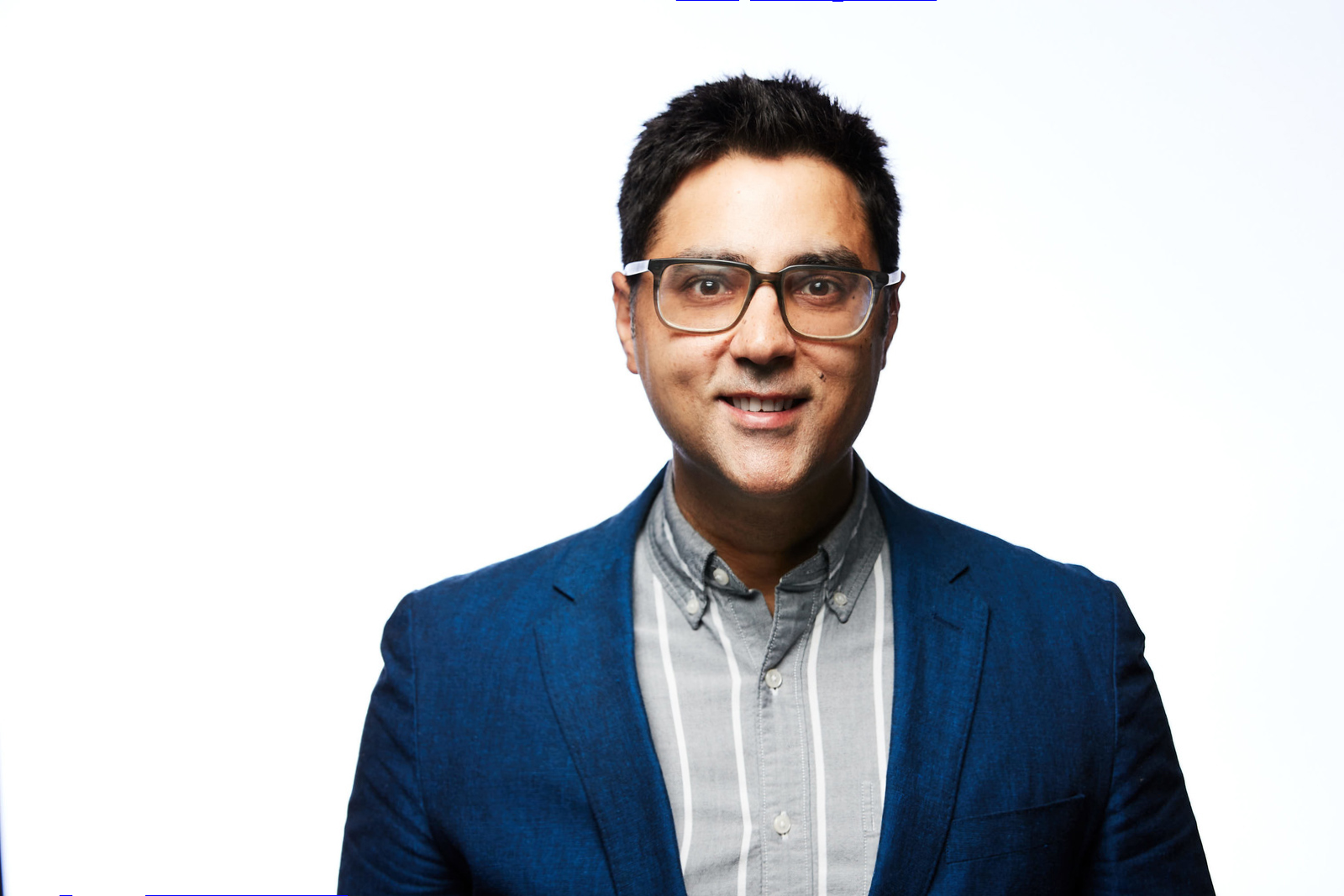
The field of medicine is diverse and multifaceted, encompassing various specializations that cater to specific aspects of healthcare. Surgeons and doctors are two prominent categories, each playing a vital role in patient care. However, misconceptions often arise concerning the hierarchical positioning of these professionals. In this article, we will explore the parts of surgeons and doctors, debunk myths surrounding their relative importance, and shed light on their significance in the medical landscape.
Defining Surgeons and Doctors:
Before delving into the comparison, defining the roles of surgeons and doctors is crucial. A doctor is a term commonly used to describe medical practitioners who hold a degree in medicine (MD or MBBS) and are involved in diagnosing, treating, and preventing various illnesses. Doctors can further specialize in specific fields such as cardiology, paediatrics, oncology, and more.
On the other hand, a surgeon is a medical professional who specializes in performing surgical procedures. To become a surgeon, one must complete additional training, typically in a specific surgical subspecialty like neurosurgery, orthopaedic, or cardiothoracic surgery. Surgeons are experts in utilizing operative techniques to treat and correct physical ailments.
Understanding the Interdependence:
The notion that a surgeon is inherently superior to a doctor is flawed. Both surgeons and doctors are indispensable components of the healthcare system, and their roles are interdependent. Successful medical treatment often involves collaboration between medical specialists, including doctors and surgeons. While doctors focus on diagnosing ailments, prescribing medication, and managing patient care, surgeons come into play when surgical intervention is necessary.
Doctors and surgeons complement each other’s expertise, and their combined efforts result in comprehensive patient care. A patient’s journey through the healthcare system may involve multiple stages, where doctors and surgeons work together to ensure the best possible outcome.
Hierarchy in Medical Specializations:
It is essential to recognize that hierarchy in medical specializations is not a matter of superiority but rather a reflection of the complexity and intensity of training required for each field. Becoming a doctor involves extensive education and training, but becoming a surgeon demands even more dedication and years of practice.
Medical school is a challenging endeavour that equips doctors with a broad knowledge of human anatomy, physiology, pathology, and clinical skills. The rigorous curriculum prepares them to handle diverse medical conditions and provide primary care to patients.
On the other hand, surgeons undergo specialized training that hones their surgical skills to precision. The demanding nature of surgical training necessitates long hours of practice, exposure to complex cases, and the ability to make critical decisions in high-pressure situations. Surgeons are responsible for performing intricate procedures requiring precise techniques and a profound understanding of human anatomy.
Appreciating the Diversity of Skills:
Rather than emphasizing hierarchy, it is more appropriate to appreciate the diverse skill sets of doctors and surgeons. Doctors possess exceptional diagnostic abilities; their expertise lies in identifying illnesses, managing chronic conditions, and administering appropriate treatments. They excel in building strong doctor-patient relationships, which is essential for understanding the patient’s medical history and overall well-being.
In contrast, surgeons excel in procedural skills and possess a unique ability to use their hands with precision and finesse. Their proficiency in performing surgeries is crucial for treating complex conditions, injuries, and ailments that cannot be managed solely through medication or therapy.
Whether a surgeon is higher than a doctor is misleading and fails to acknowledge these medical professionals’ complementary roles. Surgeons and doctors are indispensable components of the healthcare system, each contributing unique skills to ensure optimal patient care. The true essence of medical practice lies in collaboration and mutual respect among medical specializations.
It is vital to dispel the notion of hierarchy and focus on the importance of teamwork and multidisciplinary approaches in medicine. By understanding and appreciating the diversity of skills among medical professionals, we can foster a harmonious and effective healthcare ecosystem that benefits patients and society.